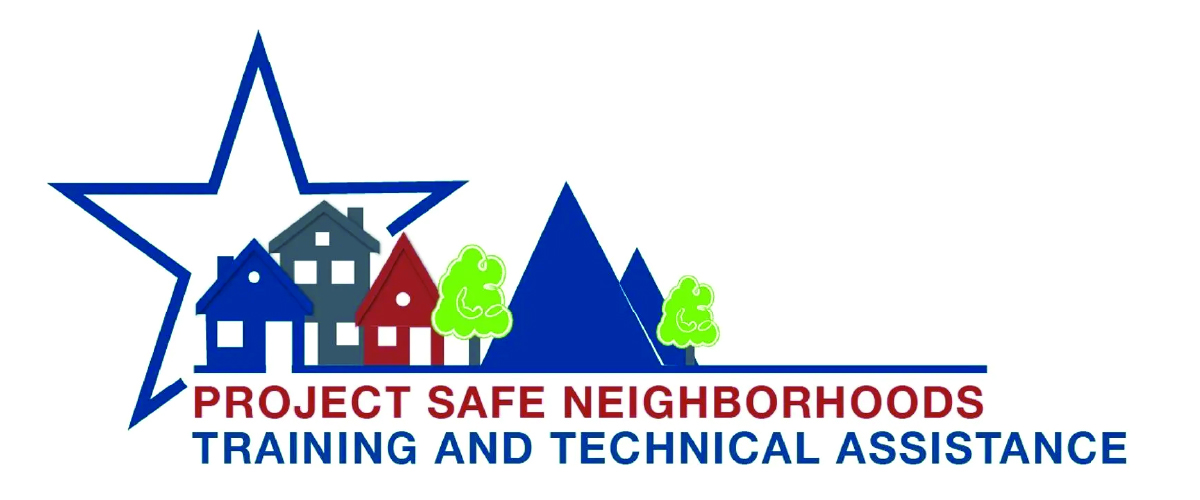Drug Market Intervention (DMI) is a strategic problem-solving initiative aimed at disrupting and eliminating open-air drug markets and the associated crime, violence, and disorder that for decades has proven challenging for communities and law enforcement to address. The focused deterrence strategy focuses on small, geographic-based drug markets and the drug dealers in those areas. The most violent offenders are identified, detained, and prosecuted to demonstrate the consequences for selling drugs persistently and committing serious crimes. The strategy then stages an intervention with the low-level offenders, their families, people who are influential in the offender’s life, and community members. Law enforcement mobilizes community residents, leaders, and family members of low-level drug dealers to voice their intolerance for this criminal behavior and to create opportunity and support for these offenders in changing their behavior. With law enforcement backing, offenders are given a choice to stop dealing drugs or face the maximum penalties allowed. This ultimatum is coupled with support services such as job training, housing, transportation, and health care. The DMI team commits to aggressive enforcement if drug selling and violence persist and support for those who seek services.
Goal and Objectives:
- Eliminate open-air drug markets.
- Reduce crime and disorder.
- Improve public safety and a community quality of life.
- Return the neighborhood to the residents.
Intended Audience:
Federal, state, and local representatives of law enforcement, prosecution, probation/parole; community and business leaders; and social service providers.
Length:
The DMI training is typically a day and a half but can be adapted for individual communities. Typically, the DMI training includes pre- and post-training consultation.
Agenda:
The DMI follows a nine-step process that supports the effective implementation of this evidence-based model of violence reduction. Trainers will provide an understanding of the DMI nine-step model and assist the site with working through essential decisions such as team selection, community engagement, and timelines. The agenda includes an overall orientation to the DMI strategy, instructions on how to get started, awareness of critical issues that may arise during the implementation process, and advice on sustainability.
SMEs/Trainers:
SMEs/trainers are available and can be identified based on specific community needs. Trainers include law enforcement, prosecution, community, and research leaders experienced in the DMI model. Previous trainers include Marty Sumner (retired chief, High Point, North Carolina); Robert Hood, Association of Prosecuting Attorneys; Reverend Kenneth Copeland, community leader, Rockford, Illinois; Ed McGarrell, MSU; and Heather Perez, MSU.
